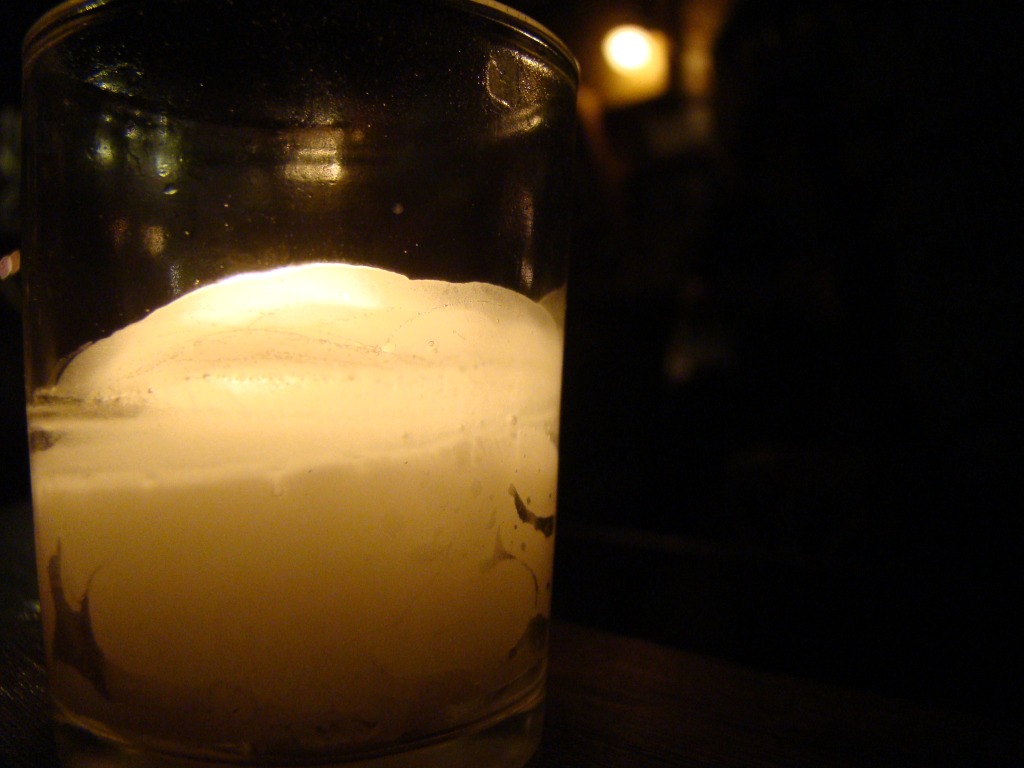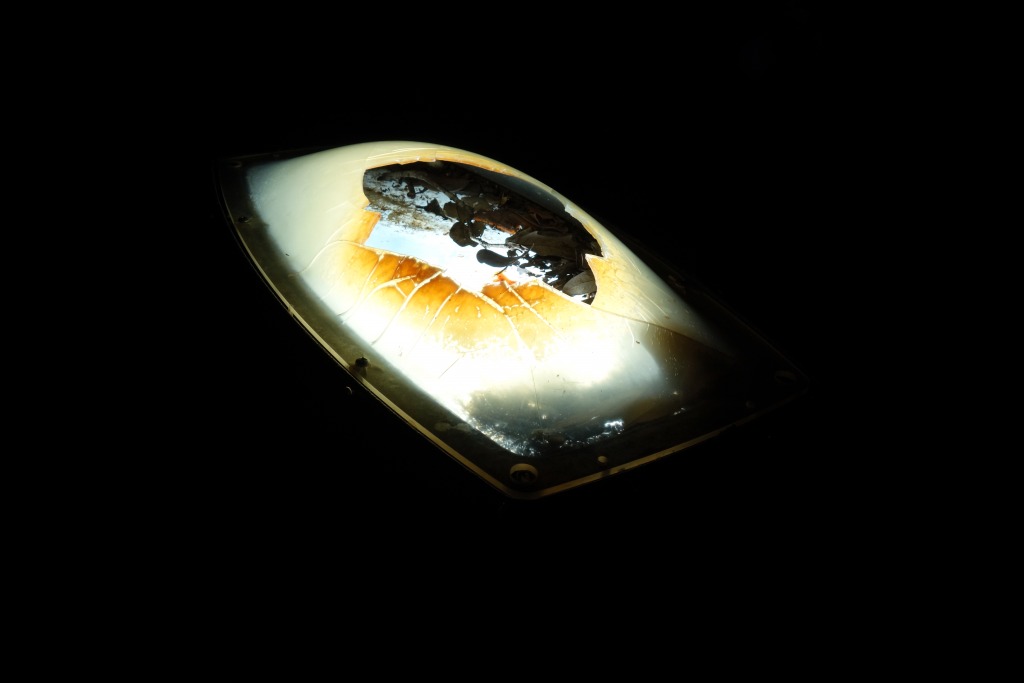The day passes and, though not for lack of trying, no words come. It grows dark; I tire with the sun and go to bed.
As soon as I have turned out the lights, however, words begin to string themselves together like fairy lights across my mind. They are late – I expected them hours ago, and I am irritated by their intrusion. But I am also delighted. I wrestle with the dilemma: do I reach for pen and light? Do I disturb the promise of sleep to write down thoughts I know will be gone by morning?
This scenario has played out repeatedly for as long as I can remember. It is this scenario that has caused me to wonder about the relationship between the night and imagination, creativity, poetry. I’ve come to think of darkness as something that holds space for writing, like a blackboard – night as opening for the unexplored, the unknown, the occult, perhaps. There is the darkness of night, but there is also the silence.

My upcoming course – ‘A great, dark, soft thing’: Poems of the Night – was born from these interactions with the night.
But night is not only the rich soil from which creativity may spring. In other ways and registers, night is a metaphor for despair or death – think here of Elie Wiesel’s Night, a memoir of Wiesel’s life during the Holocaust, or Dylan Thomas’s ‘Do Not Go Gentle Into that Good Night’, a poem that equates night with death and begs its addressee to ‘rage against the dying of the light’.
Night is also actual place of danger, which plays out through discourses of gender, race, class, disability, and other categories of vulnerability. As a woman, there have been times when I have feared, and socially been instructed to fear, walking alone at night. As well, night is a time of dreaming, an unleashing of the unconscious mind. For the exhausted, night can be respite. For the sleepless, night can transform from sanctuary to angst. Night is always, necessarily interrupted by light, whether moonlight or streetlight.

These various (and other) pulses of night occur both against and alongside each other.
In ‘The Only Poem,’ Leonard Cohen uses the night to forge a connection between his speaker and the sleepless others like him:
I learned to write
what might be read
on nights like this
by one like me.
Although the circumstances informing Cohen’s sleepless night are left ambiguous (is the speaker sleepless because of street noise, because of an overactive mind?), ‘nights like this’ suggests a common ground between the speaker and us (the ones reading the poem).
If night can be source of connection – when we share an experience of night, however different this experience may look – then night and poetry of and about the night will connect the participants in this course. The poems we will read and write will grapple with these various ideas of night as we attempt to locate our voices in and beyond our own experiences of night. Assignments will also include writing at night (as personal ability allows) to access and respond to the darkness most of us encounter while asleep. Throughout, we will remain conscious of the social freedoms night both permits and refuses, of the unconscious mind that dreams unravel, and of the ways in which poetry opens to the ‘great, dark, soft thing’ of the night.
Pierce night through your own writing on Anna Veprinska’s online course ‘A great, dark, soft thing’: Poems of the Night. Call 0207 582 1679 or book online.
beautiful and inspiring. thank you
Thanks so much, Aepril!